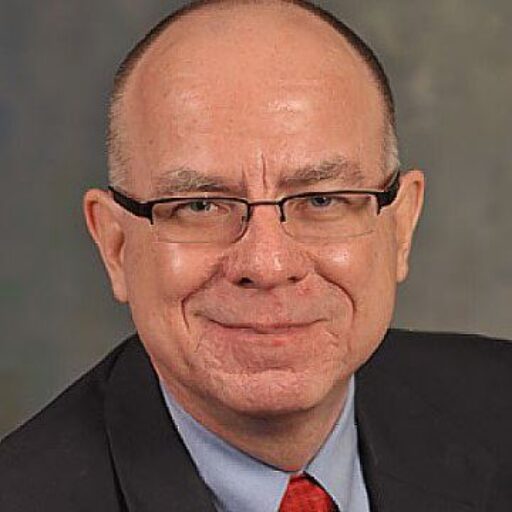Helping the Homeless Who are Mentally Ill (Part 2)
 This is the second installment on the topic of helping the homeless who are mentally ill. With a basic knowledge of the issues these people confront, knowledgable Christian workers can make a huge difference in their lives.
This is the second installment on the topic of helping the homeless who are mentally ill. With a basic knowledge of the issues these people confront, knowledgable Christian workers can make a huge difference in their lives.
A. Understanding “Dual Diagnosis” – Up to one-third of today’s homeless adults are mentally ill. The trend toward “deinstitutionalization” of the mentally ill has meant that our city streets are now being flooded with people who at one time would have been hospitalized for their problems. As many as half of them are also addicted to alcohol and/or drugs. Many are “self-medicating” – using addictive substances to cope with their mental problems. Social service professionals usually do not like working with these “dually diagnosed” people because they can be so demanding and time-consuming. They can be too destructive and troubled for the typical addiction recovery program. And, mental health workers shy away from them because they often do not stay sober long enough for treatments to be effective. So, they end up at an urban mission.
B. Gaining a Basic Understanding of Mental Illness – The first step in working with dually diagnosed individuals is to gain a general understanding of mental illness in general; its causes, symptoms, and treatment. Our staff members must learn how to identify such conditions as schizophrenia, bi-polar disease (manic-depression), and clinical depression so they can know when it is time to make a mental health referral. The good news is that, thanks to great advances in pharmacological technology, even those with severe mental problems can live a relatively stable life. Combining the right medication with some simple tools for recovery can help even the most severely mentally ill people to find sobriety and function on a reasonably healthy level. Because mental illness cannot be treated effectively as long as the active use of drugs and alcohol continues, we do quite a bit when we provide these individuals with a safe Christian environment where they can get off of drugs and alcohol. Because people with these problems do respond to the Gospel and the work of the Holy Spirit in their lives, we can reach out to them spiritually, as well.
C. Networking with Local Mental Health Agencies – The key to helping the dually diagnosed is good “case management” – long-term support working in tandem with local mental health professionals. It is vital that we develop contact in local mental health agencies who understand our programs and philosophy. They can be especially helpful in performing screening of those who we suspect might have mental problems. I have found that most are very willing to work with a mission program if they know it is safe and well-organized. In general, mental health workers are glad to know their patients will have the supervision they need in order to stay on their prescribed medications. It is important to encourage residents to sign a release of information form that authorizes the clinic’s personnel to talk with you about their on-going treatment.
D. Health Screening Before Starting a Recovery Program is Essential – Anyone who wants to come into a recovery program should have a thorough medical examination. Many behavioral problems have a biophysical basis, not related to mental illness. For instance, such medical problems as diabetes and hypothyroidism can be causes of depression. Additionally, a health screening is especially important if a person comes to our program with a bag full of pill bottles. If he is taking mood altering drugs he really doesn’t need, he never actually gets sober. The truth is, doctors sometimes hand out pills to alcoholics and addicts almost indiscriminately. Addicts often complain to doctors about the symptoms they know will get them certain types of mood altering medications. They will talk about how they can’t sleep at night, or how nervous and jumpy they are in order to get drugs prescribed to them. So, when a person comes to us with a sack full of medications, how do we know whether or not they really need those pills? It is certainly not appropriate for staff members without medical training to decide which medications a resident should take. This is another type of situation that is best handled by a psychologist, psychiatrist, or mental health professional in the community who is sympathetic to our ministry, to help us sort this all out.
E. Adult Foster Care: An Option for Long-term Care – Our ultimate goal with most of the addicts in our recovery programs ought to be “working ourselves out of a job.” We ought always to be looking toward the day when they return to society as employed, sober citizens, relying on God, the church, and the recovering community for their on-going support. In other words, we truly succeed when they no longer need us. However, those with mental disabilities – the mentally ill and retarded – might never be able to function in society without on-going supervision and care. There is a growing trend among rescue missions to minister to these individuals through providing a safe, structured Christian home and by serving as Representative Payee for those who receive Supplimental Security Income (SSI).
By Michael Liimatta, Director of City Vision University which has an Addiction Studies program designed for Christian workers that has a course dedicated to working with addicts who also suffer from mental illness.



